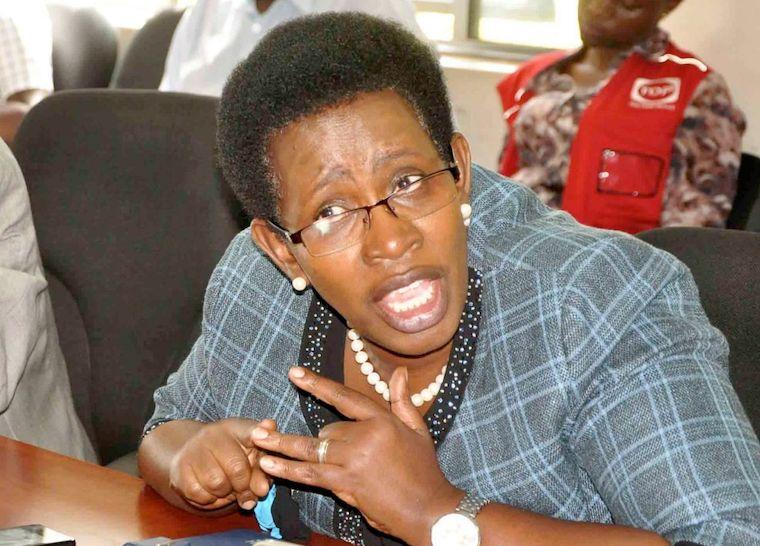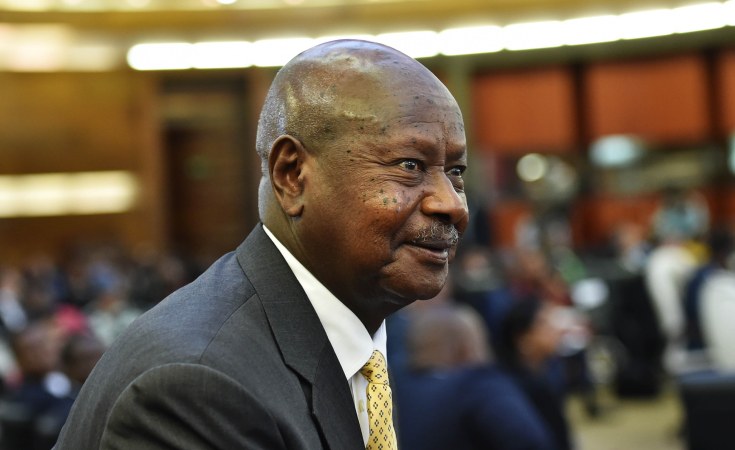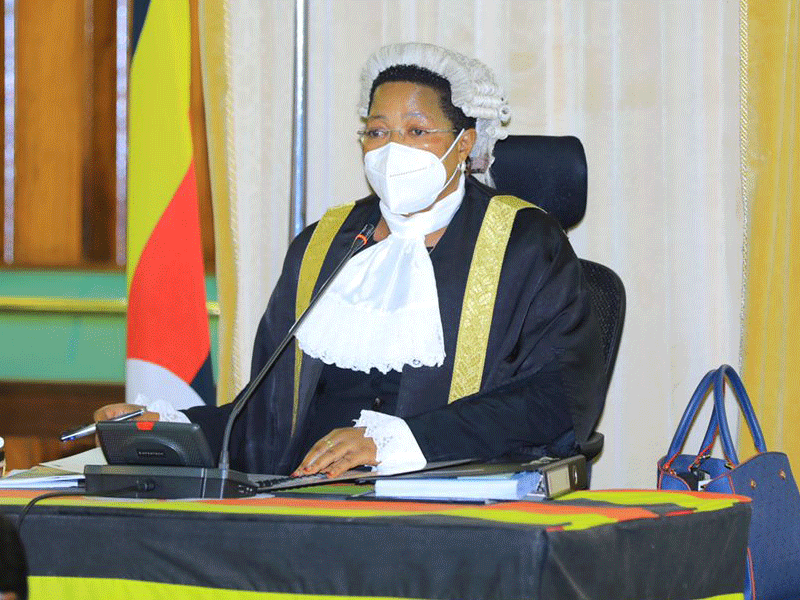The Auditor General, John Muwanga, highlighted the inefficiency and adverse impact of supplementary budgets in his latest audit report for the financial year 2022/2023. The report, presented to the Parliament Speaker on January 9, revealed that a significant portion of Shs5.822 trillion remained unutilized, with Shs4.416 trillion appropriated through a supplementary budget.
Initially, Parliament approved a national budget of Shs48.132 trillion for the financial year. However, the budget was later revised to Shs52.548 trillion through supplementary budgets, leading to an unbalanced budget by Shs4.412 trillion. The Assistant Auditor General, Edward Akol, noted that the actual expenditure amounted to only Shs43.404 trillion against warrants of Shs49.226 trillion, resulting in unutilized funds.
The audit report questioned the necessity of a supplementary budget, given that the original resource envelope was not fully realized. The Auditor General advised the government to address implementation bottlenecks preventing Accounting Officers from utilizing availed warrants. He also emphasized the need for supplementary warrants to be supported by sufficient revenue sources and proposed exploring a system of warranting funds based on the money available in the Consolidated Fund.
Furthermore, the report raised concerns about the lack of discussion on supplementary requests and budgets by program secretariats before submission to the Secretary to the Treasury. This practice contradicts the programmatic budget approach, disrupting program planning, implementation, and reporting.
These findings echo the National Planning Authority’s (NPA) report in January 2023, highlighting the negative impact of frequent supplementary budgets on planning and budgeting processes. The NPA report revealed a significant increase in total supplementary expenditure by the central government from Shs1.682 trillion in the financial year 2017/2018 to Shs4.27 trillion in the financial year 2021/2022.
The Mid-Term Review noted that 75 percent of supplementary expenditures were predictable and could have been planned for, emphasizing a missing link between planning and budget processes. Additionally, 91 percent of supplementary expenditures were financed by suppressing expenditures in Ministries, Departments, and Agencies (MDAs), undermining the principles of planning and budgeting.
The new audit report was tabled in Parliament and referred to Accountability Committees for scrutiny.




















